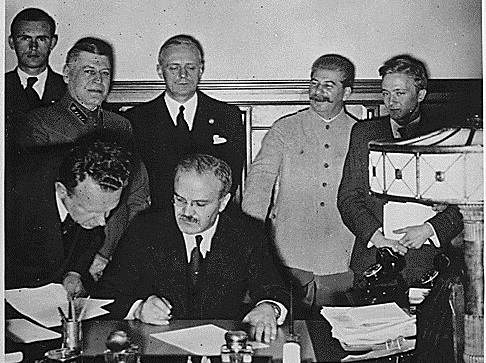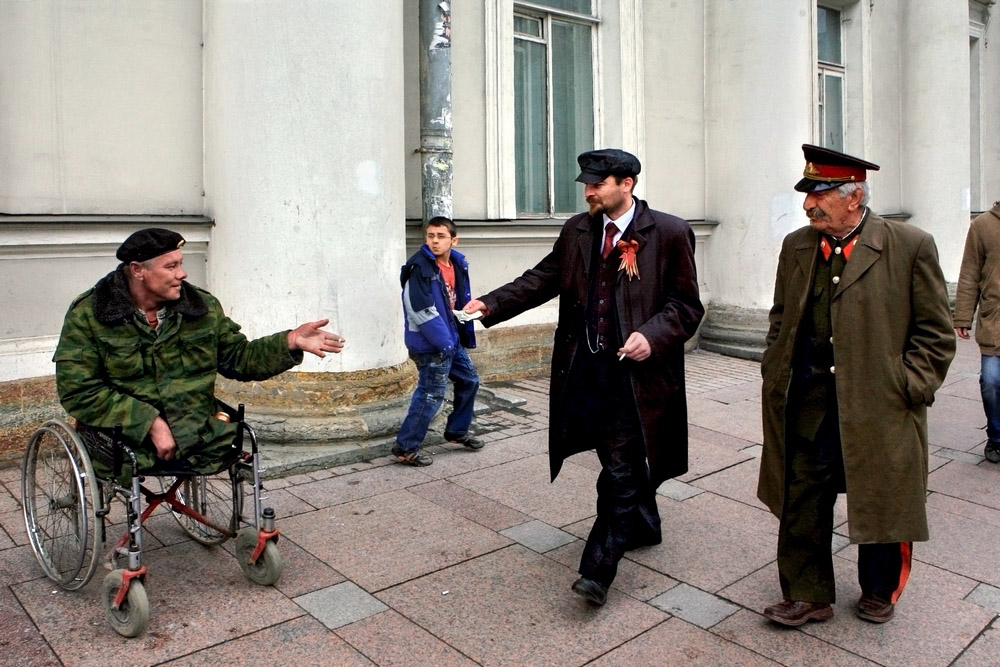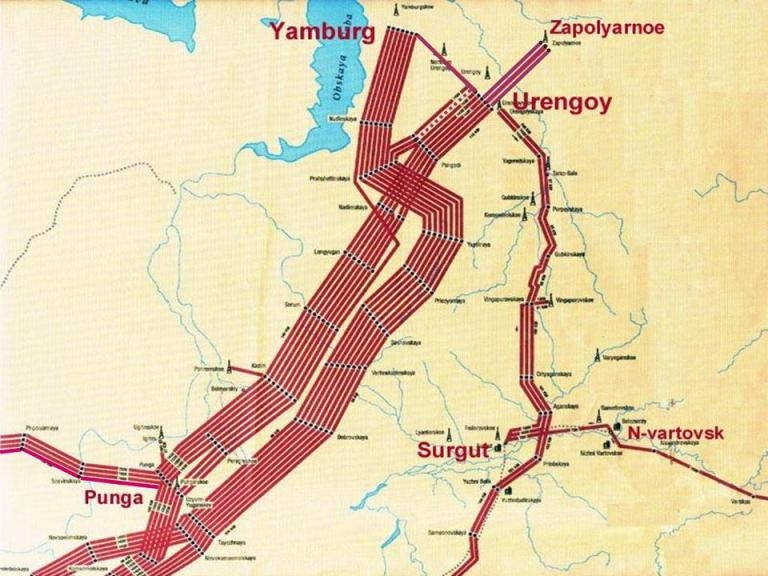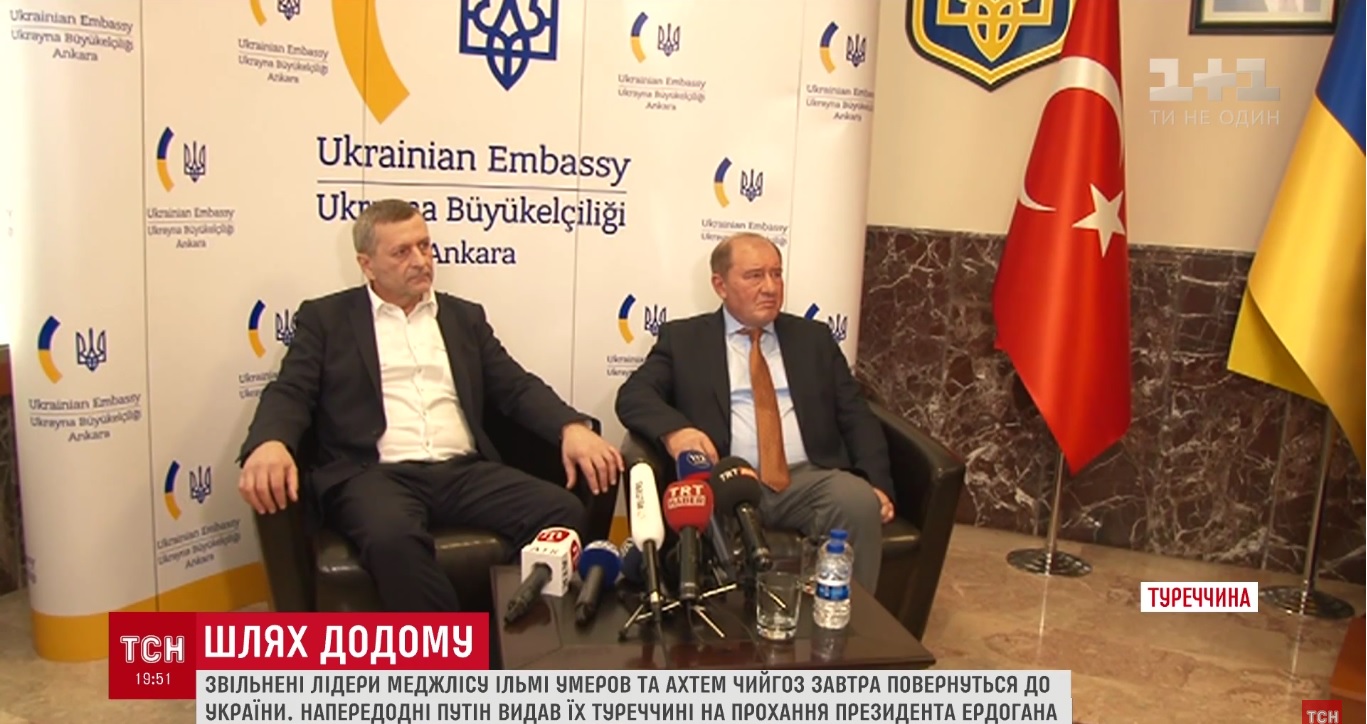
Speaking in Bratislava yesterday, Lithuanian Foreign Minister Linas Linkevičius said that “Molotov is alive and looking for a new Ribbentrop,” thus suggesting Vladimir Putin now like Stalin in 1939 believes he can cut a deal with someone in the West over Eastern Europe.
The possibility that the great powers might make such a deal over the heads of the countries of Eastern Europe has been a constant fear in many capitals, especially those who have as the Baltic countries did earlier make as their fundamental demand “nothing about us without us.”
And such concerns have only intensified in recent months given the all-too-obvious desire of some new leaders to save money by reducing their commitments to these countries and to make money by reaching deals with the Russian Federation, fears that have not been put to rest even by the introduction of NATO troops into some of them.
Putin is counting on that, on the absence of ideological restrictions (which Stalin also ignored) and on the increasingly short-time horizon of many Western leaders who want to ignore the past and reach quick agreements that may benefit them politically in the short term at home while harming others directly and immediately and themselves over the longer haul.
The Lithuanian diplomat deserves highest praise for describing what is going on in the most lapidary of language.
Related:
- The New Face of Appeasement
- Putin is attacking in Ukraine precisely to boost chances for ‘Big Deal’ with Trump
- Austrian neutrality is no model for Ukraine
- New Threats Require a New Response: What the Baltic Countries and the US Face in Putin’s Russia
- The real danger of Artemenko’s “peace plan” for Ukraine
- ‘I condemn Putin. But …’ – What the West’s sellout of Ukraine will look like






